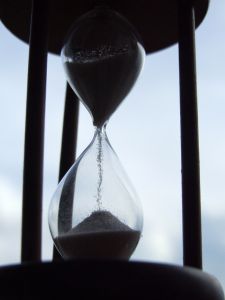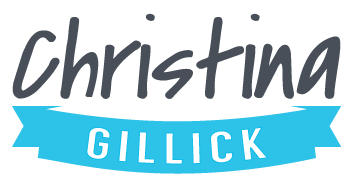 As writers, most of the ways we become known as experts involve writing. But it can be hard to find the time to pack more writing into your schedule, especially when you’re just getting started.
As writers, most of the ways we become known as experts involve writing. But it can be hard to find the time to pack more writing into your schedule, especially when you’re just getting started.
Time management is a subject mankind has always struggled with.
It’s been studied by the greatest minds of our time: Albert Einstein, Dwight Eisenhower, Dale Carnegie, and Isaac Newton, just to name a few.
We, as freelance writers, are especially interested in effectively managing our time because the time we use is all ours.
Many of us have the goal of living the writer’s life so we don’t have to directly trade our time for dollars like a regular day job.
Instead, when we work for ourselves, we can work more efficiently and increase our hourly income. We can set up systems to make money while we sleep. And we can raise our rates as our expert status increases.
When our time is ours – and we’re tasked with making the most out of it – we begin to realize how important our time actually is.
When you’re a freelance writer, you have to use your time efficiently, or you’ll find that your working hours bleed into your free time hours.
If this happens for too long, you’ll likely burn out and give up.
Over the past year, I’ve spent a lot of time studying how to use my time effectively. One of the biggest time management lessons I’ve learned is this:
It’s very difficult to force yourself to do specific tasks at specific times. Trying to stick to a specific schedule can be very ineffective.
When you force yourself to do something at the wrong time, your brain won’t be “tuned in.” It will take you longer to finish the task and it will be far more frustrating.
For example, many time management people will advise you to create a schedule and stick to it. There’s a problem with this.
Let’s say you write from 7-10 a.m. every morning. One morning, you wake up and you just can’t get into your writing. You struggle to get words on the page for your three-hour commitment so you can move on to your next assignment.
Those three hours were incredibility ineffective. You barely wrote anything and you probably won’t use what you did write.
But what if you had changed your schedule that day to work on something else from 7-10 a.m.?
Then you could have come back to your writing when you were in the right mood. Because you would have been focused and effective for the whole 3 hours, you would have less frustration and a bigger return on your time investment.
It can be done. In fact, I often switch up my schedule to get the most efficiency out of every working hour. To do this, I take on projects that involve more than just writing.
Let’s say I’m creating a website for a client. There are many tasks to complete for that project. My technique is to divide the project up into the different types of work: (1) planning and marketing ideas, (2) writing, and (3) design.
In the mornings, I like to write, so I spend that time on the copy. Afternoons are usually when I’m in a strategic planning mood. Usually at the end of the workday, I’m in a crafty mood. That’s when I do the design work.
If you only handle writing assignments for your clients, you might break your writing into the following tasks: (1) research, (2) outlining, (3) writing, and (4) editing.
If you have several clients at a time, you’re likely to always have a project that is in one of these stages.
Of course, if you have tight deadlines, you may have to buckle down and get something done, even if you don’t feel 100% into it. That’s why it’s important to realize you might want to shake things up a bit and agree to deadlines that allow you to do so.
Remember, you’ll work more efficiently in the long run and make more per hour, so it’s worth the extra planning in the beginning.
I’m still getting the hang of it, but I’m getting closer to my perfect schedule every day.
What about you? Do you use this technique, or do you have another tip for making effective use of your time? Comment below to join the discussion …


Great article Christina! I agree with you on this. I am a huge fan of Dan Kennedy’s Extreme Productivity Blueprint where he describes how to script out your day. The caveat is that, like you said above, you have to know when to do what and works best for you. It took me almost a year of trial and error to figure out what my peak writing time was, what my peak strategic planning time was, and etc. Now that I know that, it’s easy to script my day!
Hi Rachel, Thank you for your comment! I’ll have to check out Dan’s Extreme Productivity Blueprint. Out of curiosity, when is your peak writing time?
Thanks Christina for this beautiful post! I agree with what you said about restructuring the schedule. Though discipline is good, sometimes “loose-discipline” works better.
Hi Joe, Thank you for your comment! I like the term “loose-discipline” :) Some days I do a lot of that. When is your peak productive time?